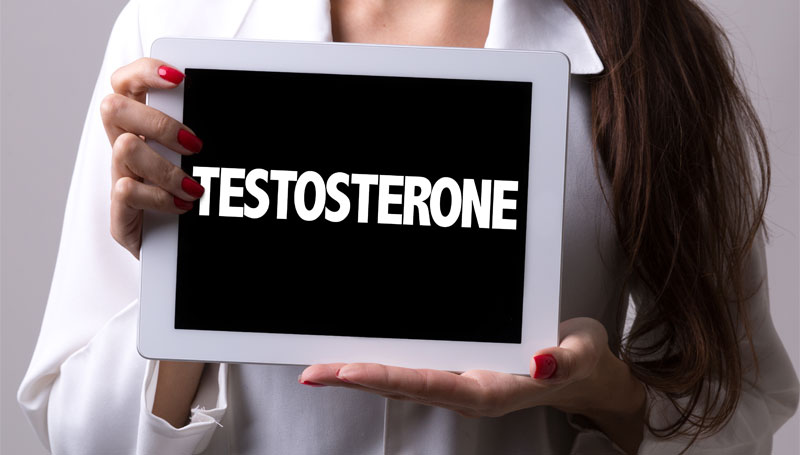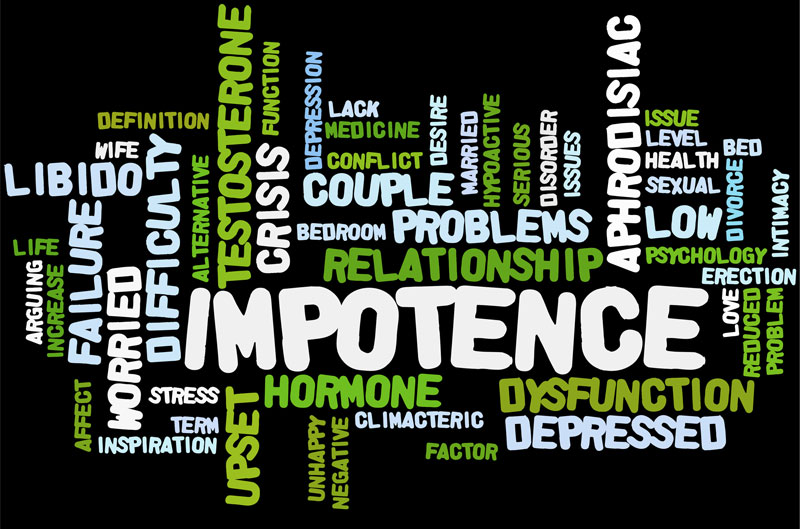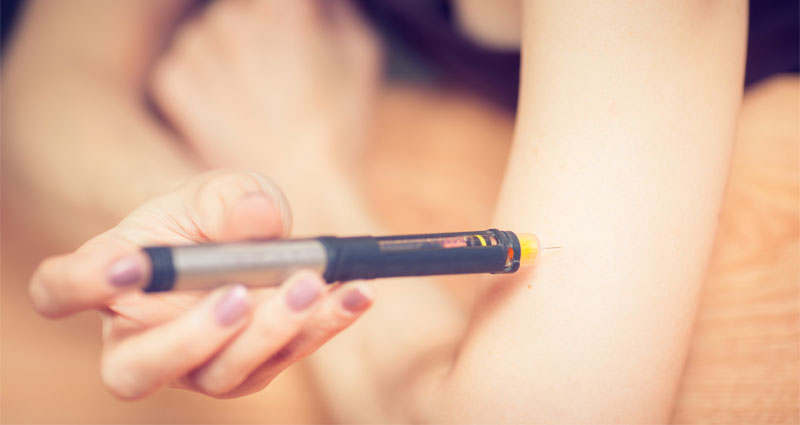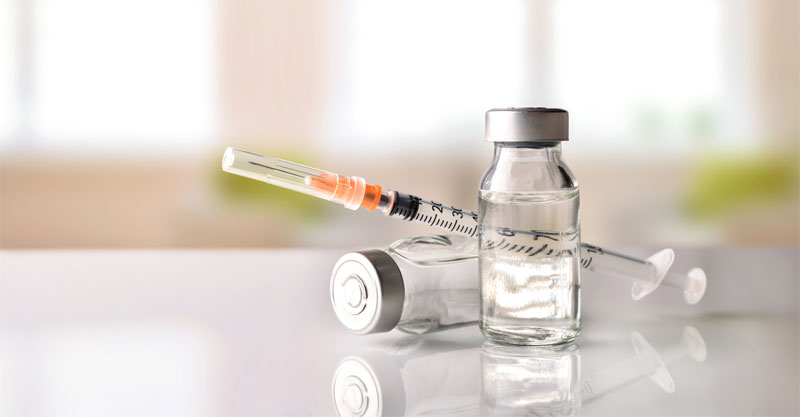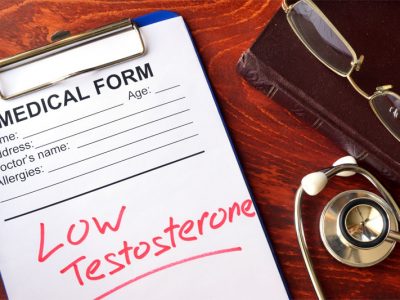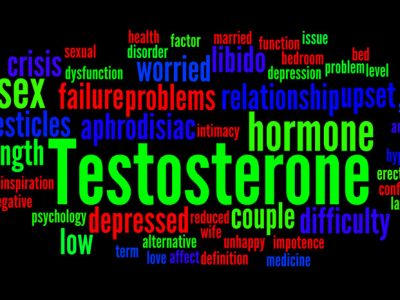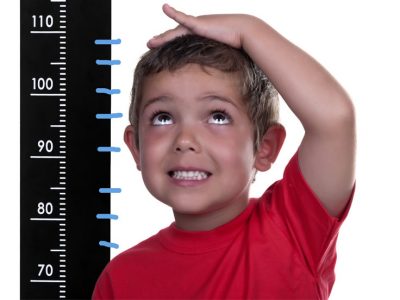- Home
- Growth Hormone
- Growth Hormone
- Growth Hormone Deficiency
- Growth Hormone Therapy
- Growth Hormone Injections
get startedThe Most Effective Hormone Replacement TherapiesRecognizing the Signs and Symptoms of Low Testosterone
- Women’s bodies, as well as men’s, make and need testosterone.
- As they age, women can also feel the negative impacts of declining testosterone.
- Similar to men, women, with low testosterone can also benefit from testosterone replacement therapy.
Anyone over the age of 35, man or woman needs to be familiar with the signs of low testosterone.
When you hear about testosterone, or “low testosterone,” most people think of men. However, testosterone is vital to heath and peak performance in both men and women, and both men and women can suffer the impact of age-related testosterone decline. That is why it is imperative, that women, as well as men, get to recognize the most common signs and symptoms of low testosterone, also known as “Low-T.”
Testosterone is the primary “male hormone,” or androgen. Testosterone is mainly produced in the testes, and primarily responsible for the traits we typically associate with “maleness,” i.e.: deeper voice, body hair, larger musculature, etc. Testosterone production plays a critical role throughout the life of men and boys. In fact, testosterone production and output begins in the womb, and is what begins the process of differentiating a fetus into a male. We are all “conceived” as female. Embryos with an XY chromosome eventually produce testosterone which has them develop into male babies!
As a boy ages, it is increasing testosterone that leads to sexual maturity and “manhood.” Even though testosterone plays a vital role throughout life, testosterone levels peak, and then start to decline. For most men, that peak testosterone level occurs in their early to mid-20s. After 30, testosterone levels start a steady decline. Once you are past the age of 35, you may begin to notice the effects of lower testosterone in your blood stream.
When you hear about testosterone, or “low testosterone,” most people think of men. However, testosterone is vital to heath and peak performance in both men and women, and both men and women can suffer the impact of age-related testosterone decline.
What Are the Signs and Symptoms of Low Testosterone?
There are some specific symptoms of Low-T that only effect men or women respectively, however, generally speaking, if you are a man or woman, the signs of low testosterone include, but are not limited to:
- Weight gain, specifically belly fat, usually accompanied by increased insulin resistance
- Decreased ability to build muscle
- Loss of bone density
- Disrupted sleep, or change in sleep patterns
- Emotional changes, such as mood swings, increased depression and anxiety
- Difficulties with focus, short term memory, and other congestive issues
- Loss of libido, and/or other sexual wellness issues
If you are a man or woman, the signs of low testosterone include, but are not limited to: weight gain, decreased ability to build muscle, loss of bone density and sexual wellness issues.
Top 5 Specific Signs of Low Testosterone in Men
In addition to the general signs and symptoms of low testosterone listed above that can and do impact both men and women, there are some signs of Low-T specific to men. These can include:
- Erectile dysfunction – Testosterone is a precursor to nitric oxide production. Nitric oxide is necessary for good erectile function. Also, men with Low-T tend to be obese, have high blood pressure, and/or diabetes, which are all conditions that interfere with your ability to obtain and maintain a healthy erection.
- Hair loss – While there is a genetic component to male pattern baldness, and often balding men have higher testosterone levels than men with a full head of hair, men with Low-T tend to lose hair on other parts of their bodies, including facial hair.
- Infertility, low sperm count – Men with Low-T may notice poor semen volume, and/or low sperm counts which can cause fertility issues.
- “Irritable Male Syndrome” – The condition called “Irritable male syndrome, or “IMS,” is characterized by increased irritability and increased anger and aggression. It used to be thought the high testosterone levels in men lead to increased aggression, but, more recent research suggests that men with low testosterone are those more likely to be the prototypical “grumpy old man.” This is because testosterone is a precursor that stimulates the production of serotonin, and decreased amounts of serotonin in the brain are linked to mood issues, i.e. depression.
- Loss of self-esteem – Low testosterone can make men feel less able to, and have less of a desire to, compete with other men, which is a normal masculine trait. This can leave men feeling less competitive, or feeling like they have “lost their edge.”
Other signs of Low-T in men include:
Difficulty building muscle, increase in abdominal fat, diminished penile sensation, decreased bone strength , and even osteoporosis
Specific Signs of Low Testosterone in Women
There is some overlap in the symptoms of low testosterone in men and women. For example, signs of Low-T that are found in both men and women include: fatigue, mood swings, and disrupted sleep. However, just as there are some signs of low testosterone specific to men, there are also signs of Low-T specific to females. These can include:
- Loss of libido and other sexual wellness issues – While testosterone has always been known as the male “sex hormone,” we know now that many of the sexual health issues women face after menopause – loss of libido, vaginal dryness, and difficulty with orgasm – are related more to a lack of testosterone, than estrogen.
- Bone loss – Osteoporosis, or weakening of the bones, has always been more common in women than men. Testosterone is a major contributor to bone health. Declining testosterone is a primary cause of osteoporosis in women over 50.
- Changes in menstrual cycle – Much like with sexual health issues, it was once thought that declining estrogen in pre-menopausal women was primarily responsible for irregular periods, and changes in menstrual flow. We now know that testosterone decline also plays a role in irregular periods as women approach the menopausal years, and even plays a role in the other typical symptoms of menopause such as night sweats and hot flashes.
How Is Low Testosterone Treated in Women?
Hormone replacement therapy, or HRT has been used in women far longer than it has been in men, to treat age related hormone decline. Despite some controversy, for decades, HRT has been the treatment of choice for women struggling with the most debilitating symptoms of menopause, such as night sweats, hot flashes and mood swings.
Now that we know that those symptoms are just as related to low testosterone in women, as they are to loss of estrogen, doctors are now using “combination therapy” and adding testosterone replacement to the HRT regimen for women suffering with menopause symptoms. Adding testosterone to the HRT treatments for women not only has been found to lessen the severity of menopausal symptoms, it can help women to:
- Build muscle
- Reduce fat
- Improve mood
- Strengthen bone
- Improve sexual satisfaction
Carefully monitored and administered testosterone replacement to treat the symptoms of low testosterone in women, is no more unsafe for woman than it is for men. There is no danger of it “masculinizing” women, and while there was once a belief that giving testosterone to women could increase the risk of breast cancer, more recent studies have found that giving testosterone replacement therapy to woman, can actually decrease the risk of developing breast cancer.
Medical researchers are not exactly sure why giving testosterone to women of all ages seems to improve their sex lives, resulting in increased interest in sex,as well as increased ability to achieve orgasms. Overall the results in treating the sexual wellness symptoms of low testosterone in women have been undeniably good!
How Is Low Testosterone Treated in Men?
For men, of course, there is no doubt that the most effective treatment for low testosterone is testosterone replacement therapy. Testosterone replacement therapy, sometimes referred to as “T-therapy,” treats the symptoms of low testosterone in men by giving them back what time and nature takes away. Testosterone therapy for men is prescribed in the form of gels, skin patches, or intramuscular injections. Testosterone therapy can alleviate most, if not all of the signs and symptoms of Low-T in men, and thereby:
- Improve libido and overall sexual function
- Improve fat metabolism
- Help to build lean muscle and help you get more out of your workouts
- Improve sleep, which can lead to a natural boost in testosterone
- Boost the production of other critical hormones such as growth hormone
- Improve cognition
- Improve memory
- Increase vitality
- Lead to more stable moods, less anxiety and depression
When looking to treat the many symptoms of low testosterone in men or women, it is important to keep in mind that what is a “normal” testosterone level for one person may be very different for another. That is why treating low testosterone isn’t as much about raising your testosterone level, as it is about bringing all of your hormones back into the right balance for your particular needs and life style.
Once you begin testosterone replacement therapy, the symptoms of low testosterone will not disappear overnight, but some of the symptoms may begin to improve in as little as month. You however, will have taken the first steps to a happier, healthier you.
Are You Ready?
Are you ready to be the best version of yourself? If you are a man or woman suffering the symptoms of low testosterone, testosterone replacement therapy can be life changing!
Have you found that you have had to give up the things that you love in life? Testosterone therapy can put you back on track to a stronger, healthier, more vital you!
Stop missing out on life, and contact us today!
For men, as well as women, testosterone replacement therapy is a safe and effective way to manage the symptoms of low testosterone.
read this next
What Are the Benefits of Testosterone Treatment?
There are many positive benefits of testosterone treatment for men, and surprisingly for woman as well! When we are talking about testosterone treatment, we…read moreWhat is Testosterone Therapy?
There are many positive benefits of testosterone therapy for men, and surprisingly for woman as well! However, what exactly is testosterone therapy, and who…read moreHow to Start Testosterone Therapy
Testosterone therapy is the safest and most effective treatment for men suffering from low testosterone, also known as low T. Have you heard of…read moreHow Do I know If I Have a Growth Hormone Deficiency?
Human growth hormone, or HGH, is one of your body’s most critical hormones. How do you know if you have a growth hormone deficiency?…read more - Growth Hormone Therapy








